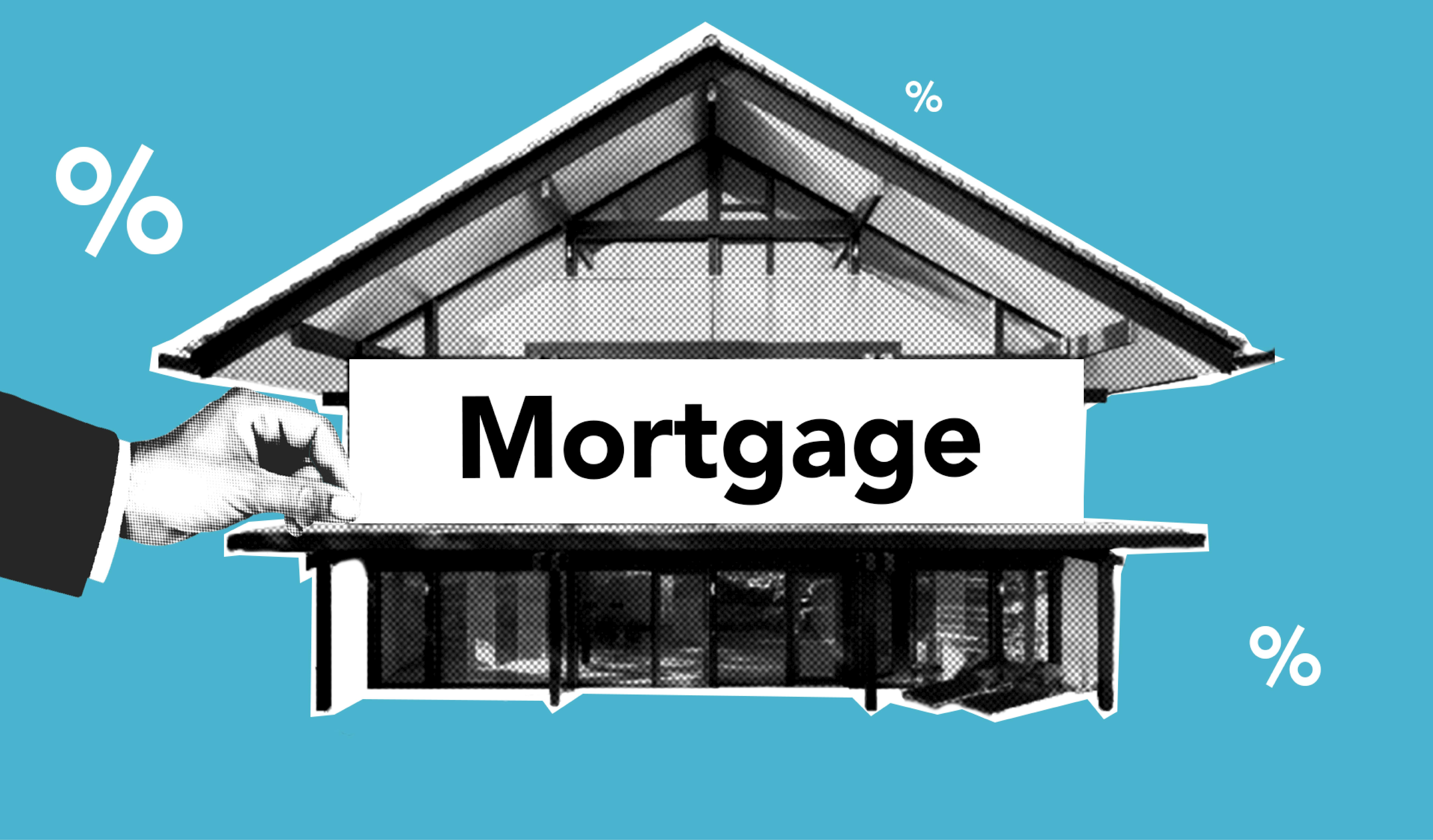
Introduction
Purchasing a home is undeniably one of the most significant financial decisions most people make in their lifetime. While house prices in themselves are a critical consideration, it is essential to understand that the overall cost of buying a home in the UK extends beyond the asking price. This guide aims to break down some of the hidden fees and charges involved, offering more clarity and insight for novice and even seasoned home buyers.
The Depiction of Property Prices
The first step in acquiring a property is usually browsing for available listings. Advertised costs of these listings represent the property’s price as set by the seller and should be the foundation of your budget. However, understanding that there are other additional expenses will help you in better financial planning and negotiation.
Deposit Costs
Traditionally, deposit costs are one of the most significant expenditures when it comes to buying a home. As a general thumb rule, potential home buyers should set aside at least 10% to 20% of the property’s value for the deposit. Having a more significant deposit can significantly enhance your chances of securing a better mortgage deal as it reduces the Loan to Value (LTV) ratio.
Stamp Duty
Stamp Duty Land Tax (SDLT) is a tax paid on properties and lands bought in England and Northern Ireland. The tax rate varies and is contingent on several factors, including whether the property is residential or non-residential, its price, and whether it's your first property or not.
Currently, the UK government has frozen stamp duty on properties up to £500,000, translating to significant savings for potential homeowners. However, it's crucial to factor in this cost in any potential real estate investment, keeping an eye out for any changes in legislation that may influence this.
Survey Costs
A property survey is an essential procedure before purchasing a home. It's intended to uncover any potential structural issues, which could be costly to rectify. Depending on the level of thoroughness, a survey can cost anywhere between £200 to £600.
Solicitor’s Fees
Enlisting the services of a solicitor is virtually unavoidable in the process of buying a home. They facilitate the conveyancing process, ensuring the legal transfer of the property from the seller to the buyer. Solicitors’ fees can range between £850 to £1,500, including VAT and other legal expenses.
Mortgage Arrangement and Valuation Fees
These are fees charged by the lender to set up your mortgage and evaluate the property’s worth, respectively. The arrangement fee can range from £0 to £2,000, and while some choose to add it to the mortgage, paying it upfront helps avoid accruing interest over time.
Insurance Costs
Last but not least, insurance is an integral part of homeownership. Building insurance is typically a prerequisite for a mortgage offer, while contents insurance, though not obligatory, is a prudent choice. The cost varies depending on coverage, location, and property specifications.
Conclusion
All in all, the process of purchasing a home does come with its share of additional costs and hidden fees. It's essential for potential buyers to take these into account when budgeting for their prospective property to avoid any financial surprises down the line. Ideally, consult with property experts or real estate agencies for comprehensive financial forecasting and a smooth property buying experience. With savvy planning and budgeting, your dream of owning a home in the UK can be a reality.